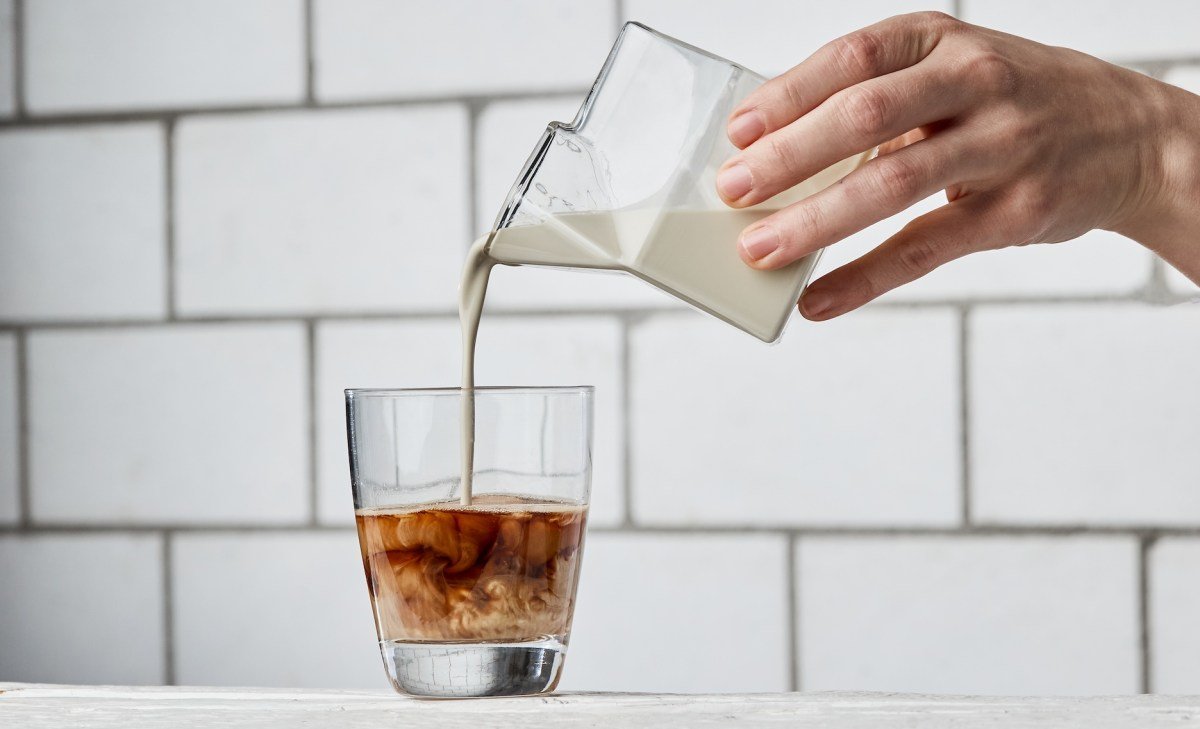Products derived from animals have a distinctive taste and texture, and replicating that with plant-based alternatives has been a formidable challenge for many companies.
Dairy, in particular, presents a unique obstacle as achieving that “creaminess” texture without using real cream is no easy feat. However, Swiss biotechnology food startup Cultivated Biosciences claims to have found the solution with their revolutionary yeast cream. This cream, made from a specific variety of oleaginous yeast, has been crafted to mimic the texture and mouthfeel of traditional cream.
In 2022, Cultivated Biosciences received a pre-seed round of funding totaling $1.5 million. At the time, the company had developed a fat-rich ingredient with the same texture and stability as dairy-free products. Not only does it replace additives, but it also maintains the same quality of taste.
Instead of molecular-level protein replication used in precision fermentation, Cultivated Biosciences uses yeast biomass fermentation. This method takes advantage of the high-protein content and rapid growth of microorganisms to create protein-rich food. It is also non-GMO and easier to scale, according to Lucie Rein, the chief commercial officer at Cultivated Biosciences. Rein was appointed to her position in March of 2023.
Rein elaborated on the yeast cream, explaining that it contains fats, proteins, and fibers, all sourced from the yeast. Additionally, it has a “microstructure” of yeast lipid droplets that closely resemble milk fat droplets. With an eye towards consumer products, Cultivated Biosciences intends for their end product to be used in items such as coffee creamers, milk, and ice cream.
Last December, the company made its public debut with its first proof-of-concept coffee creamer. According to Rein, this was a particularly difficult product to perfect as it needed to maintain a creamy consistency, taste, and color when mixed with coffee. Rein stated, “It’s extremely hard to replicate something that is stable in coffee because coffee is both very hot and very acidic. When you pour it into your coffee, it has to remain completely stable. So that’s what we did, and this was a game changer for us. We also replaced the whitening agents, so we actually replace everything, and we stay stable.”
Over the past year, Cultivated Biosciences has focused on scaling up their production. In 2022, they were producing 5 or 10 liters of their cream, but they can now produce 1,500 liters and have the potential to reach 80,000 liters with the help of their production partners, Rein revealed.
The dairy industry continues to spark the interest of entrepreneurs and investors. In January, Perfect Day secured a pre-series E financing round, raising up to $90 million. They also use precision fermentation, as do Better Dairy and New Culture, to create their milk proteins. Meanwhile, plant-based dairy company Miruku received $5 million in funding in February. Other notable players include Brown Foods, who is developing cell-cultured “cowless” milk in a lab.
Adding to this list is Cultivated Biosciences, who recently raised another $5 million in funding. The investment was led by Navus Ventures, with other contributions from Founderful (previously known as Wingman Ventures), HackCapital, and Lukas Böni, the founder of Planted. The round also welcomed new investors, including Joyful VC, Mandi Ventures, and Zürcher Kantonalbank.
The company is currently in discussions with foodservice companies with the aim of launching their product in the United States in 2025, pending approval from the U.S. Food and Drug Administration, Rein shared. She also added, “We are in the midst of running trials with the big key accounts of the industry. Once we have their sign of approval, we can also start to contact smaller, local companies in the U.S. That we are actually already in touch with the key accounts is a sign that our approach is interesting, and now, of course, they want to test the ingredients in several rounds of trials.”
Do you have a hot tip or lead about the happenings in the venture world? Send your tips to Christine Hall at chall.techcrunch@gmail.com.








